

Feb 14 2024
Introduction:
Mahatma Gandhi’s journey and impact in the Western world are a testament to the universal appeal of his philosophy of nonviolence, social justice, and moral integrity. From his early encounters with Western thinkers to his influence on political leaders and civil rights activists, Gandhi’s legacy continues to resonate in the West and beyond. In this blog, we will explore Gandhi’s journey in the Western world, the impact of his ideas, and his enduring legacy in shaping the course of history.
Early Encounters with Western Thought:
Gandhi’s exposure to Western thought began during his time studying law in London in the late 19th century. It was in England that he first encountered the works of philosophers and thinkers such as Henry David Thoreau, Leo Tolstoy, and John Ruskin, whose ideas would profoundly influence his own philosophy of nonviolence and social reform.
Thoreau’s essay on civil disobedience, with its emphasis on individual conscience and moral protest against unjust laws, resonated deeply with Gandhi. He saw in Thoreau’s writings a validation of his own beliefs in the power of nonviolent resistance as a means of achieving social and political change.
Similarly, Gandhi was inspired by the writings of Leo Tolstoy, particularly his ideas on the importance of simplicity, truthfulness, and nonviolent action. Tolstoy’s emphasis on the moral duty to resist injustice and oppression through peaceful means reinforced Gandhi’s commitment to Satyagraha, or truth-force, as the guiding principle of his activism.
Influence on Western Intellectuals and Leaders:
Gandhi’s ideas and principles of nonviolence found resonance among Western intellectuals and leaders, many of whom saw in him a visionary and moral leader. Figures such as Martin Luther King Jr., Nelson Mandela, and Albert Einstein expressed admiration for Gandhi’s philosophy and drew inspiration from his methods of nonviolent resistance.
Martin Luther King Jr., in particular, was deeply influenced by Gandhi’s teachings and strategies of nonviolent protest. King saw in Gandhi a model for achieving social change through peaceful means and adopted his principles of nonviolence in the struggle for civil rights in the United States. King’s adherence to Gandhian principles played a pivotal role in the success of the civil rights movement and the eventual dismantling of segregation and racial discrimination.
Nelson Mandela, the anti-apartheid leader and former president of South Africa, also credited Gandhi as a source of inspiration in his fight against racial oppression and apartheid. Mandela admired Gandhi’s commitment to justice, equality, and reconciliation and saw in him a role model for building a nonracial and democratic society in South Africa.
Albert Einstein, the renowned physicist and philosopher, likewise expressed admiration for Gandhi’s philosophy of nonviolence and moral leadership. Einstein saw in Gandhi a visionary leader whose principles of truth, justice, and compassion could help guide humanity towards a more peaceful and equitable future.
Legacy and Continuing Relevance:
Mahatma Gandhi’s legacy in the Western world extends far beyond his lifetime. His philosophy of nonviolence continues to inspire movements for social justice, human rights, and peace around the globe.
In the face of ongoing challenges such as systemic racism, social inequality, and political polarization, Gandhi’s message of love, compassion, and nonviolent resistance remains as relevant as ever. His life and teachings serve as a timeless reminder of the power of moral courage and collective action to bring about meaningful change in the world.
Conclusion:
Mahatma Gandhi’s journey and impact in the Western world are a testament to the enduring power of his ideas and principles. From his early encounters with Western thought to his influence on political leaders and intellectuals, Gandhi’s legacy continues to inspire generations of activists, peacemakers, and ordinary citizens striving to create a more just, compassionate, and peaceful world. As we reflect on Gandhi’s journey and impact in the West, let us recommit ourselves to the ideals of truth, nonviolence, and social justice that he championed throughout his life.

The principles and values advocated by Mahatma Gandhi are upheld and implemented. These principles revolve around nonviolence (ahimsa), truthfulness (satyagraha), self-reliance, simplicity, and the pursuit of social justice. Here are some key aspects of what might be practiced in a Gandhian society.
GANDHIAN SOCIETY 1412, Oak Tree Road Iselin, New Jersey-08830
(+1) 732 407 5013
info@gandhiansociety.org
Our Maps






 Users Today : 39
Users Today : 39